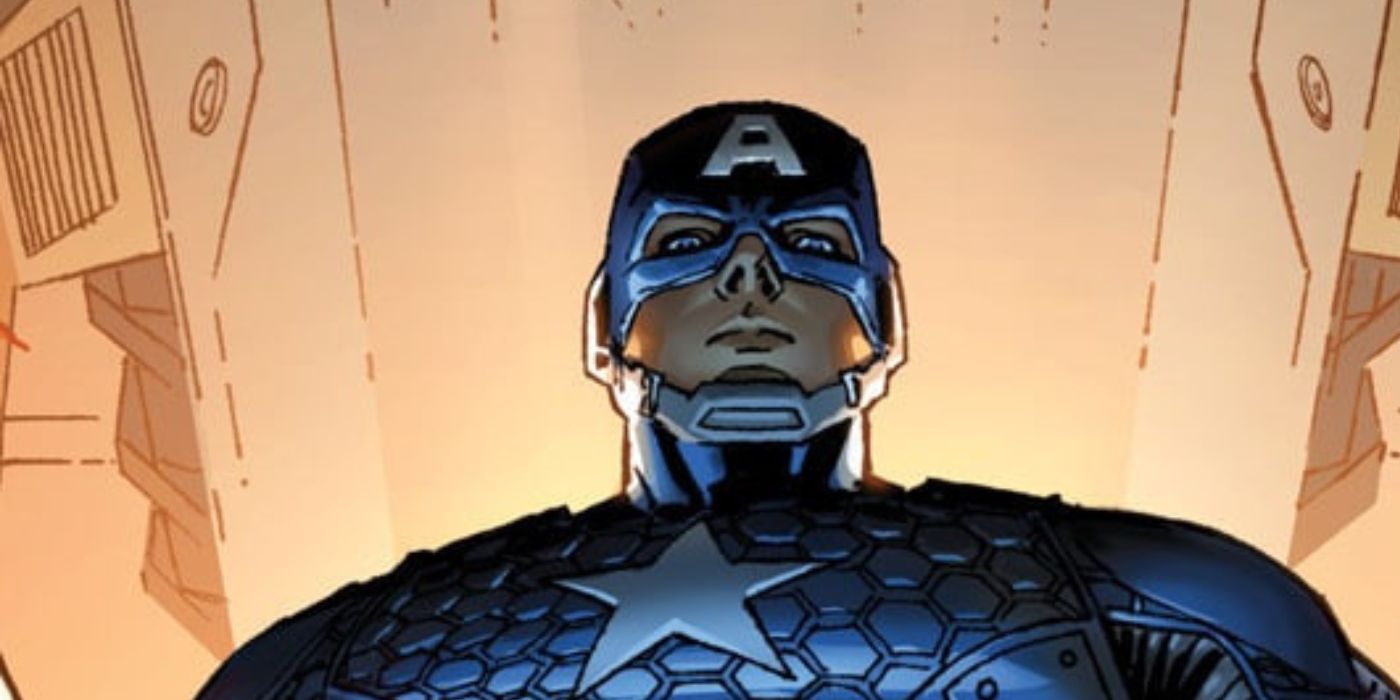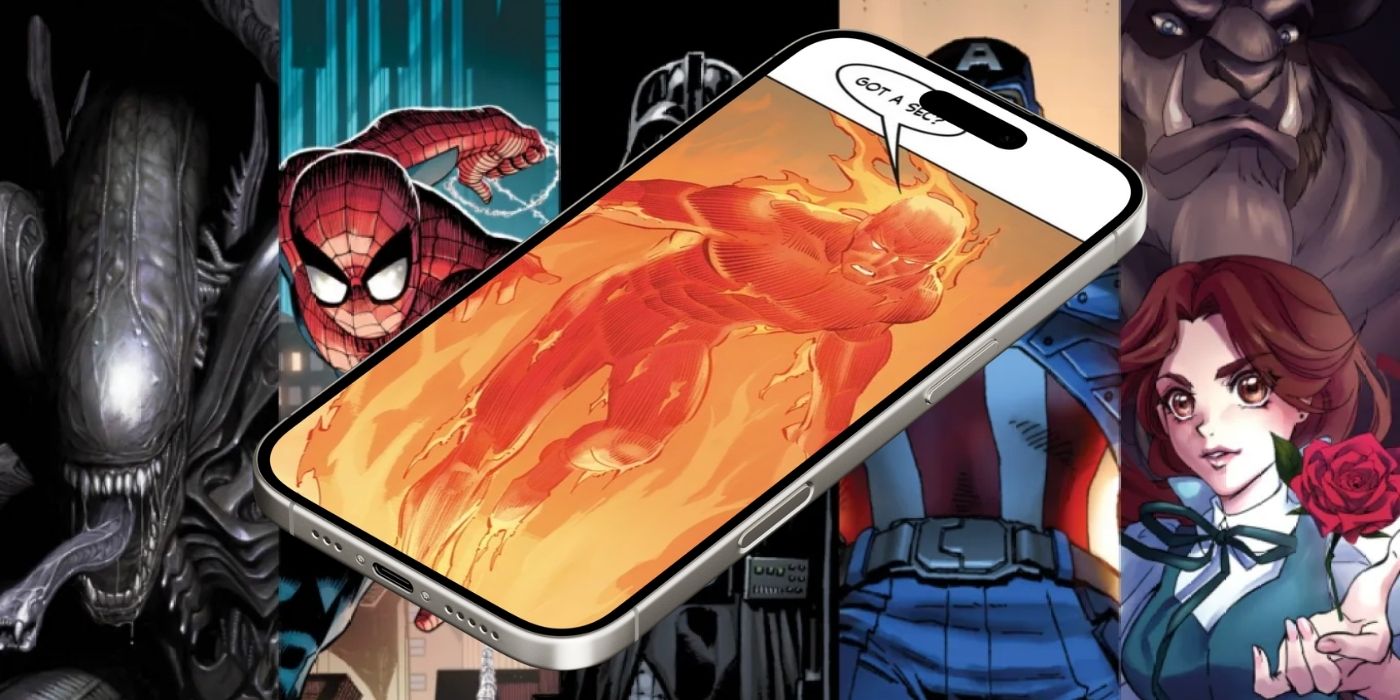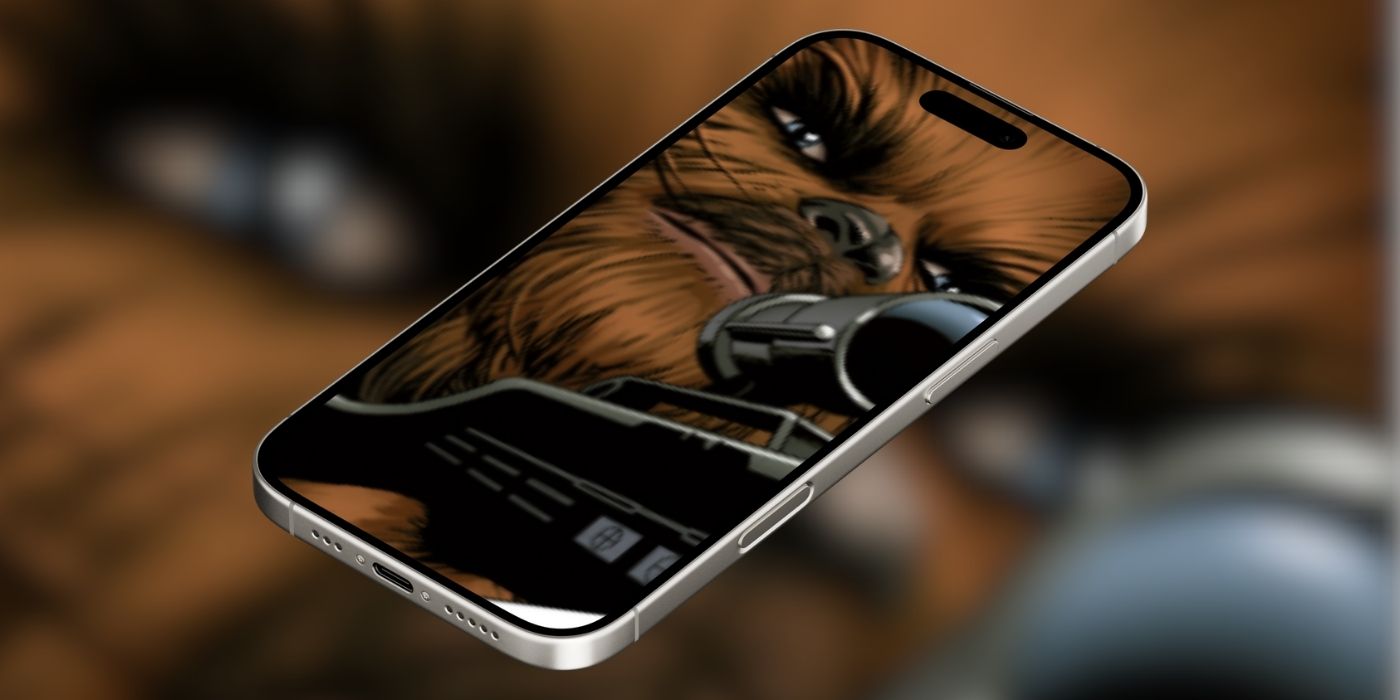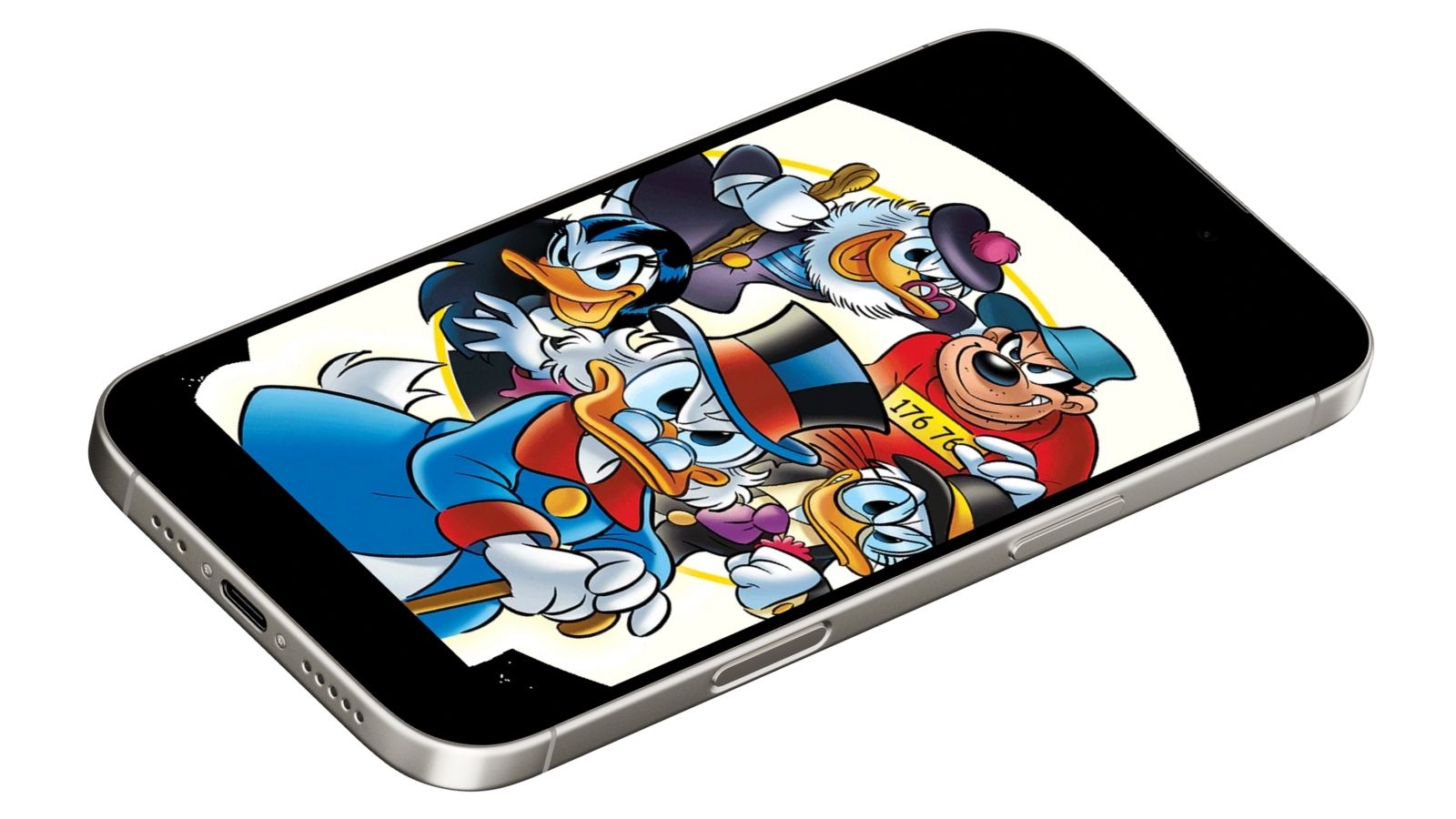An icon of American patriotism, now scrolling on your smartphone. Captain America, the torchbearer of US storytelling, has been reinvented for the webtoon format. Alongside him is Darth Maul, a dark and ultra-modern figure from the Star Wars galaxy. The entire operation is happening on a cutting-edge South Korean platform, orchestrated by a French studio with over twenty years of experience: MAKMA.
This isn’t just a fusion of formats; it’s a three-way cultural conquest. It’s an unprecedented alliance between powerful American IPs, Korean distribution technology, and European expertise in narrative adaptation.
When Captain America Changes His Battlefield
Symbolically, seeing Captain America move from traditional comic book panels to the webtoon universe is like watching a general abandon a rigid battlefield map for vertical guerrilla warfare. The rigid pages, the turning, the word balloons frozen in a classic comic structure are gone. In their place is the scroll, a fluid narrative, and a mobile-first rhythm.
America is no longer speaking through physical fascicules sold in comic shops. Its myths are now deployed in the palm of your hand, on a screen, in a format designed for a connected global generation.
The Power of Comic to Webtoon Conversion
The US storytelling migration is taking place on Webtoon, the explosively growing South Korean platform. Webtoon is a massive export of the Korean narrative format, and in just a few years, it has become the gold standard for Gen Z readers. Vertical reading, natural scrolling, and mobile-optimized design: this formula works, and now attracts the biggest Western franchises.
With over 100 Marvel, Star Wars, Disney, and 20th Century titles in the process of conversion, the star-spangled banner now flies in scroll format. The first to lead the way is none other than Captain America, an emblem of the US, who is now reaching young readers worldwide, directly on their phones thanks to the Avengers webtoon series.
MAKMA, the European Asset in New Global Storytelling
In this three-continent operation, the cultural bridge is French, more specifically, from Bordeaux. The MAKMA studio, already a key player behind the scenes of American comics, is at the center of the game. Its role is to handle the technical and narrative metamorphosis of print works into the webtoon format.
This isn’t a crude job of cutting up pages. The process is a work of artistry. It involves deconstructing the original narrative, understanding it in depth, and then reconfiguring it for the scroll. This expertise was developed by MAKMA’s Printoonize! division, which is exclusively dedicated to this type of comic to webtoon conversion.
Bryan Wetstein, who heads the division, sums it up:
“Captain America was designed to embody a certain American reading experience. Our job is to ensure he speaks with the same power in a Korean format. It’s a balancing act between respecting the original material and adapting it for a new ecosystem.”
Darth Maul, Modernity in Scroll Mode
To embody this generational shift, Disney isn’t relying on overused figures. Darth Maul, a cult but and contemporary antagonist, is a visual, sharp, and mysterious character, perfect for a pixel-by-pixel narrative.
On a smartphone, Maul takes on a new dimension. His silhouette, style, and almost religious silence, everything lends itself to a vertical build-up of tension. He becomes the symbol of this move toward a more direct, fast-paced narrative that’s compatible with the fleeting attention span of the digital age.
Europe as a Cultural Strategist
What’s striking is that the point of contact between two giants (the US and Korea) is in Europe. MAKMA doesn’t just translate; the studio acts as a full-fledged cultural operator. It’s a player capable of understanding American narrative imperatives and Korean aesthetic expectations, and making them all work together in a new language.
This strategic role is built on over two decades of experience in translation, lettering, writing, and publishing, collaborating with the biggest names in the industry. This versatility gives MAKMA a major advantage. At a time when storytelling has become a global commodity, knowing how to precisely adapt it is a powerful tool.
The US Market in the Midst of Redefinition
Captain America is more than a hero; he’s a narrative territory, a way of telling the world from an American perspective. Seeing him migrate to a mobile format is witnessing a re-carving of the market. US storytelling, once centered on print and TV series, is now digitizing, globalizing, and adopting codes from Asia to continue existing in the minds of young readers.
In this context, MAKMA acts as a creative customs agent, a mandatory checkpoint for transforming a work designed for Midtown Manhattan into content ready to scroll in Seoul, Jakarta, or São Paulo.
The Scroll, a Global Playing Field
The vertical format is no longer a gimmick; it’s the new standard. It’s replacing pages, absorbing panels, and transforming dialogue. It’s breaking down boundaries between styles. And in this new grammar, MAKMA’s role is to translate the DNA of the biggest franchises while preserving what makes them unique.
The challenge is technical, narrative, and aesthetic, but it’s also symbolic. It’s about bringing the myths of the 20th century into the interface of the 21st.
A French Studio at the Heart of the Shift
Perhaps the most surprising part is this: the operational heart of this revolution is in France. An independent studio, skilled in both Marvel standards and webtoon demands, has become an essential link in the new global chain of graphic entertainment.
This isn’t a coincidence. It’s the result of smart positioning, strategic choices, and the ability to read the evolution of formats before others do.
The World Scrolls, and MAKMA Keeps Pace
With the Avengers, Captain America is moving from the battlefield to screens. Darth Maul is reinventing himself for readers’ thumbs. Disney is relying on Webtoon to speak to a generation that no longer reads comics but scrolls for hours.
And on this new world map, MAKMA draws the invisible lines, the ones that allow an American narrative to land in a Korean format, thanks to European expertise. Thanks to Printoonize!
It’s a serious business of unicorns, pixels, and perfect timing.





